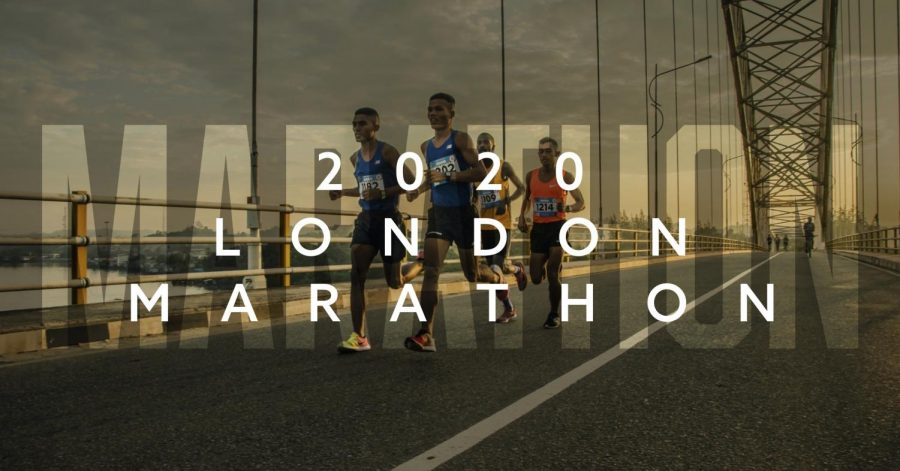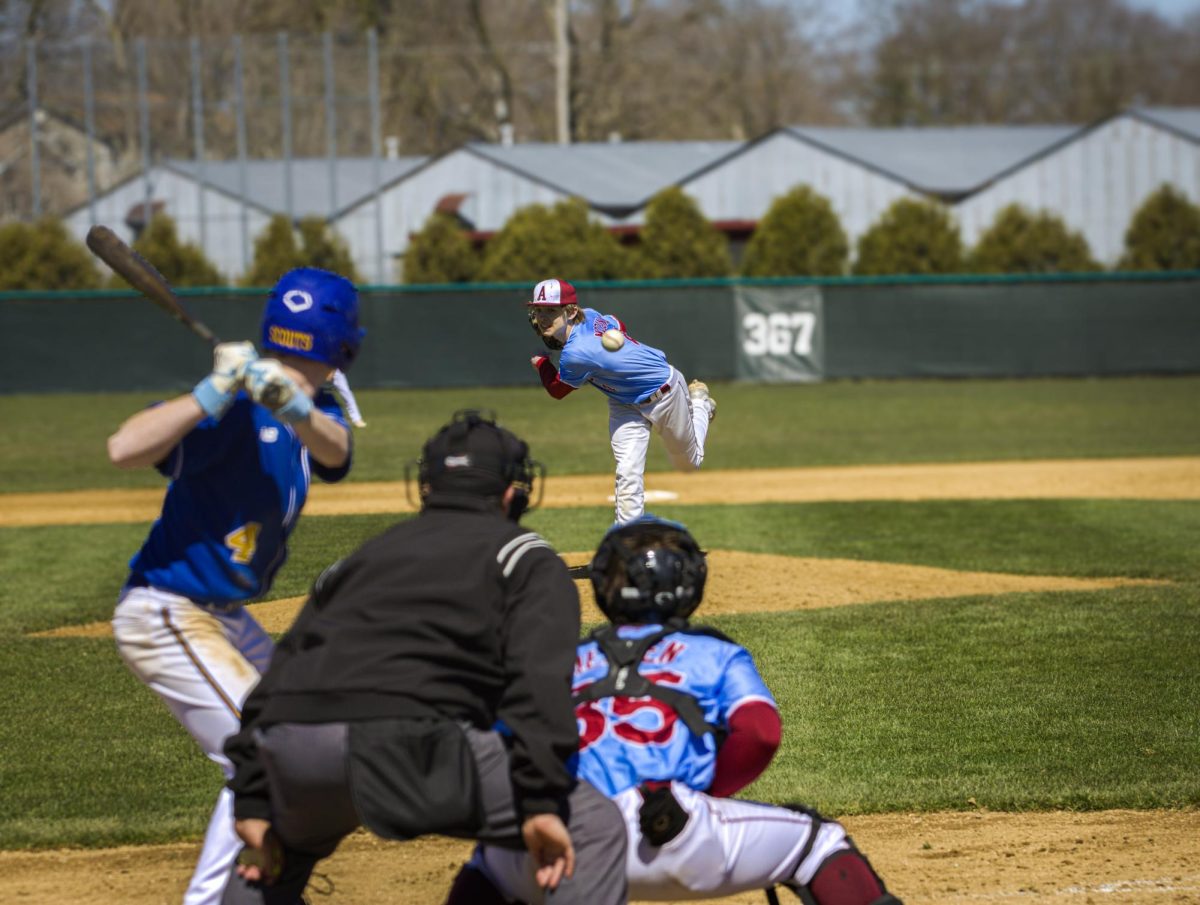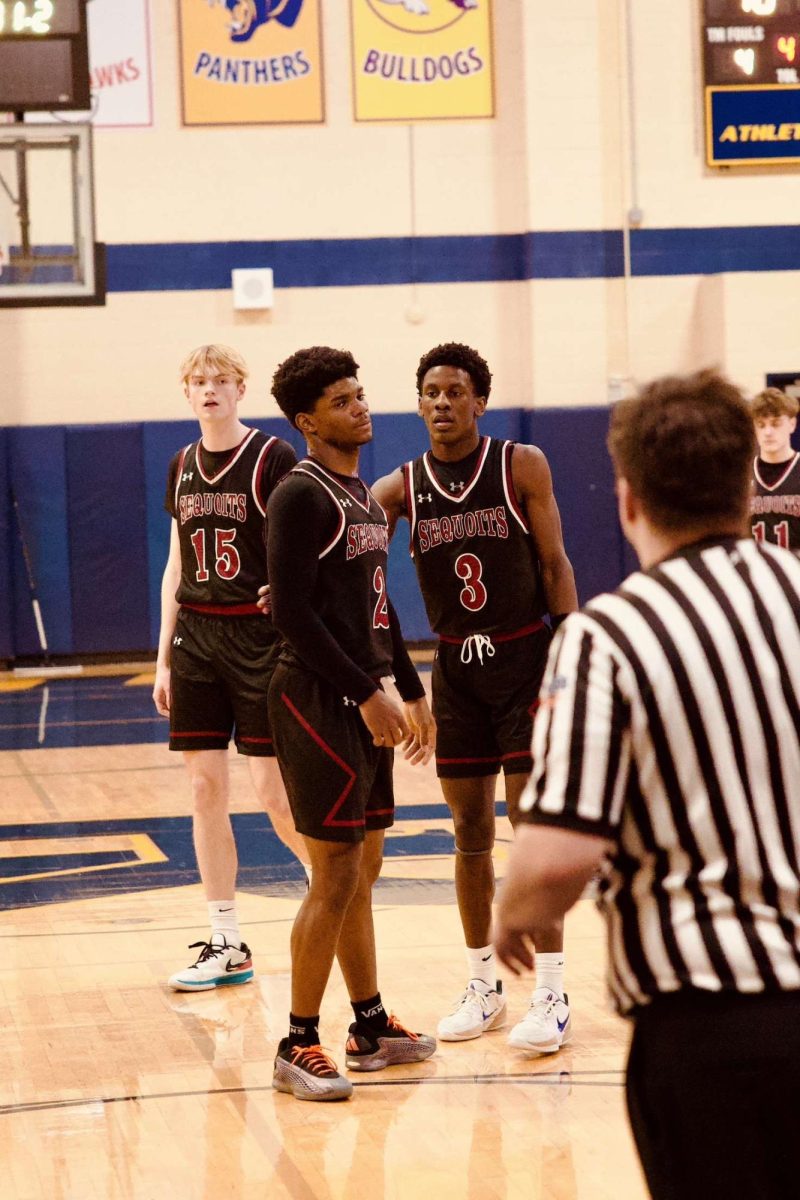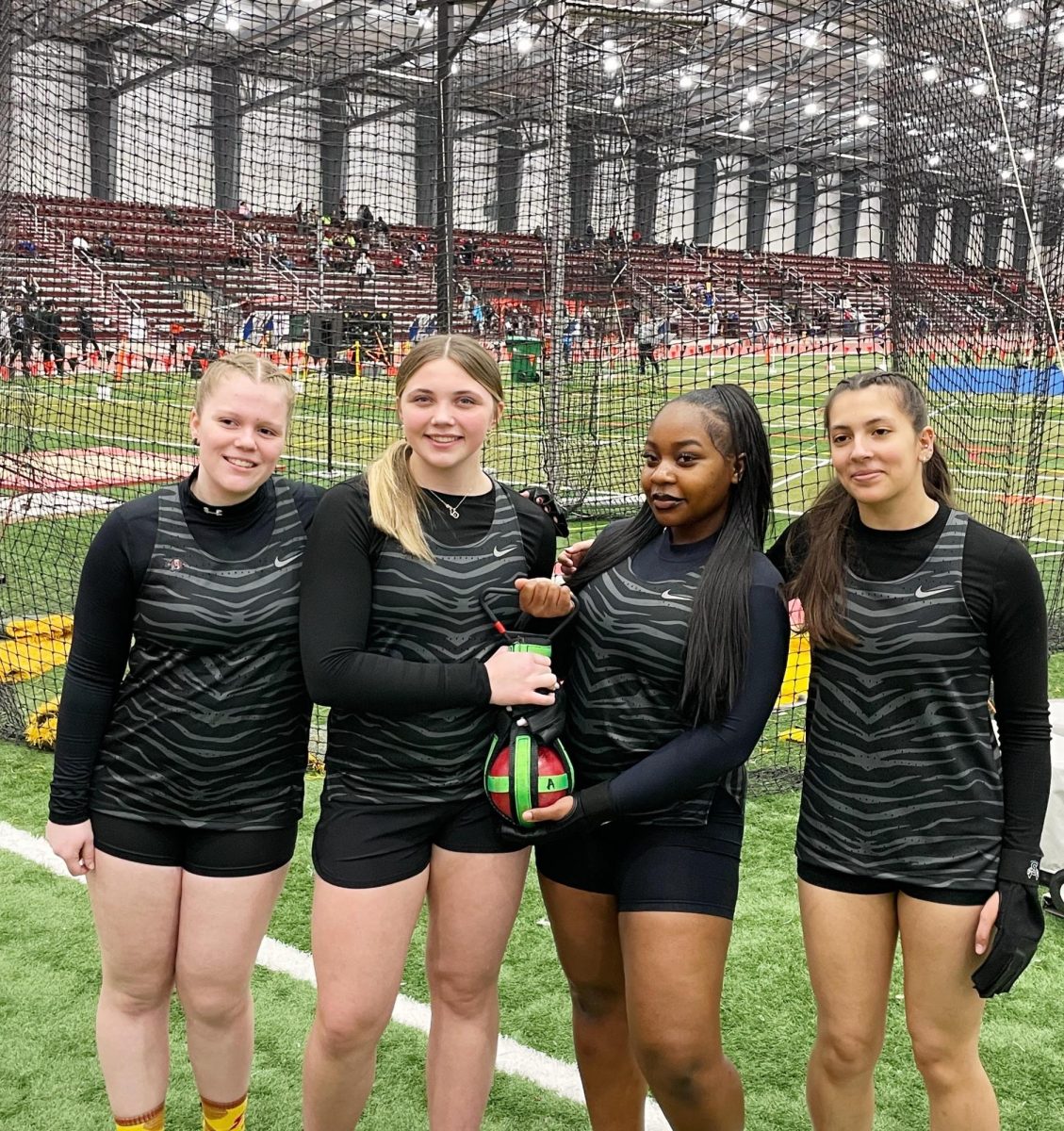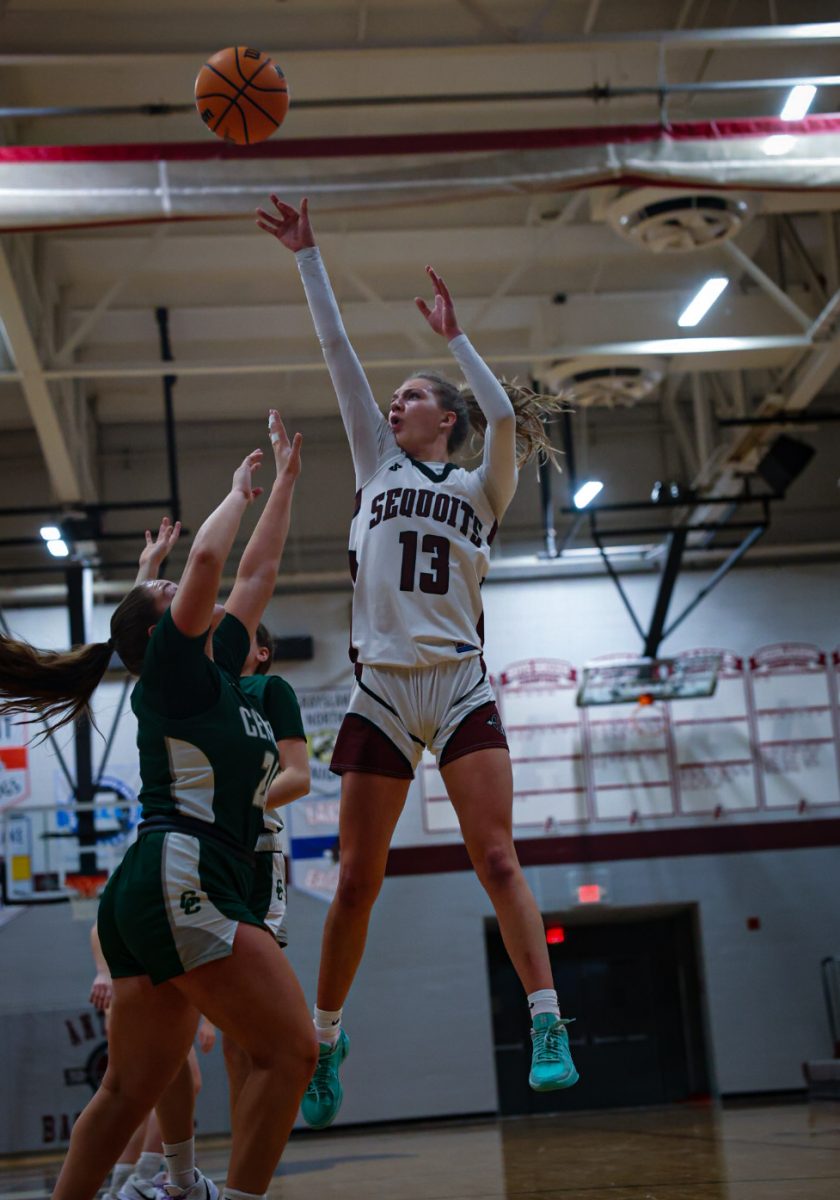On October 4, the 40th Annual London Marathon took place. According to British Broadcasting Corporation News, the race held some of the fastest runners in the world on both the men’s and women’s side. The race had grueling conditions and a major upset on the men’s side. Junior Charlie Haling and sophomore Braxton Schieler are both very interested in marathons and had a lot to say about last weekend’s race.
This race was one of the biggest men’s races in history. The marathon featured the two fastest distance runners known today. One of those runners, Eliud Kipchoge, broke two hours in an unofficial race; his best official time is 2:01:39. His competitor, Kenenisa Bekele, had an official time of 2:01:41. They were a mere two hundredths of a second apart, building tension leading up to the London Marathon. However, a few days before the race, Bekele dropped out with an injury.
“London is a huge race, and you hate to see anyone other than the top guys running,” Schieler said. “It was a big storyline with Kipchoge and Bekle getting to go head to head. For fans of distance running, that’s Manning vs. Brady or Kobe vs. LeBron.”
As for Kipchoge, he had a bad race falling behind around the 22 to 25 kilometer mark. That gave way for runners like Shura Kitata and Vincent Kipchumba to take the lead. Those two runners stuck right to each other until the final sprint when Kitata just outlasted Kipchumba to win with a time of 2:05:41.
“I’m sure a lot was going through Kiatas head throughout that finish, where in an entire marathon it would come down to the last 200 meters,” Haling said. “At this point, they’re already exhausted, so it makes a sprint finish just that much [harder].”
In the women’s race, world record holder Brigid Kosgei dominated with a time of 2:18:58, just over three minutes faster than second place finisher Sara Hall’s 2:22:01.
“I think it shows other athletes that there’s a lot of room to improve and get better,” Haling said. “Kosgei constantly pushes the limits of marathon running for women and it shows in races like this.”
Being the first marathon since the COVID-19 outbreak, this race went generally well. It shows the resilience these athletes had when they trained with the uncertainty of whether the race would actually take place. Regardless, all athletes who participated in the 40th Annual London Marathon performed at an elite level.


